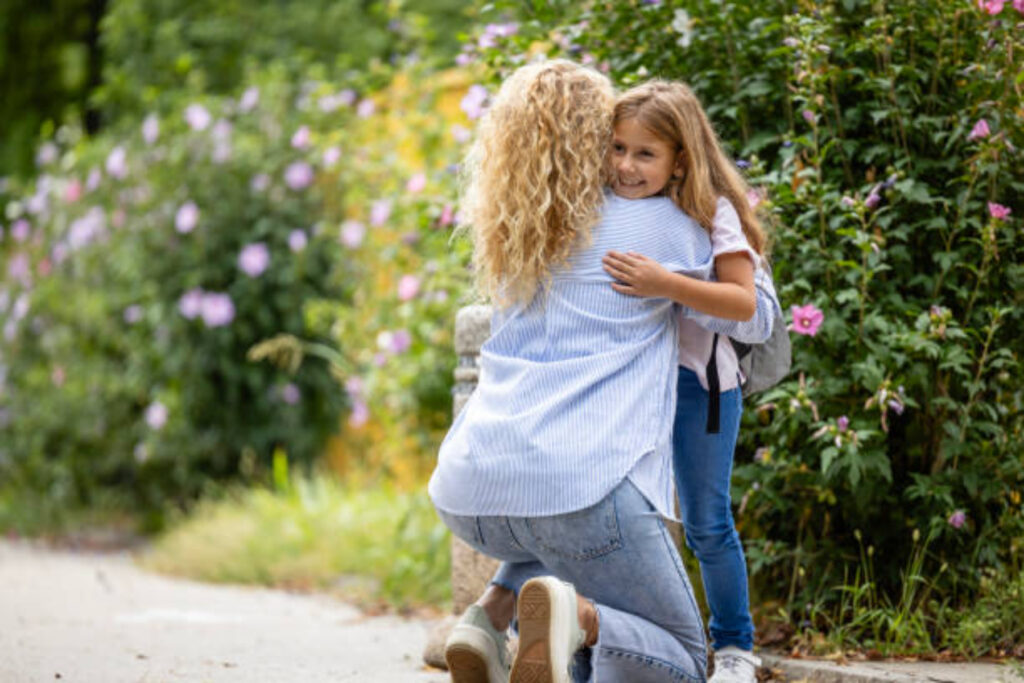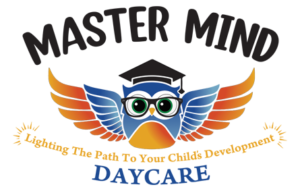The first day of going to White Hall Daycare for kids is an important event. It makes parents and children happy, excitedly waiting but maybe a little scared too. Nevertheless, knowing what will happen and getting ready can make this significant change more accessible.
How Do You Prepare Your Child for the First Day of Daycare?
Getting ready well is the best way to have a good beginning at daycare. Start by showing your kid that white hall daycare is a good thing. Moreover, tell happy tales about making new friends and doing fun things, focusing on the good parts of these experiences. Let them pick a cool thing like a backpack or lunchbox for the new adventure, making it exciting and fun.
Also, plan a few short visits to the daycare place before it starts. Similarly, getting your child comfortable in the place, meeting those who care for them, and looking at where they play can help make their first day less scary. Moreover, this slow change gives a feeling of ease and links with the new place.
How Much Time Does a Baby Need to Get Used to White Hall Daycare?
Usually, it takes a few weeks for babies to adjust and get used to their new daycare schedule. At this time, parents need to be patient and give lots of comfort. Remember that every kid is different; some may get used to it faster than others. Additionally, sticking to a daily plan and having caring surroundings helps babies feel safe in their new places.
3 Things to Expect When Children Start Daycare
Firstly, it’s normal for little kids, especially toddlers, to cry on their first day at childcare. Moreover, separation anxiety is a normal response when your child has to leave people they know. It’s also showing their strong connections with you and others. Therefore, tell them you will come back and try to say goodbyes quickly. Usually, when the day starts, kids stop crying because they begin doing things and meeting new pals.
Secondly, White Hall daycare provides a prominent social place where kids can play with friends, helping them learn important ways to talk and feel better. And, again, get ready to see great moments as your child learns to share, chat, and handle social situations. Similarly, help kids have good times by praising their wins, showing them that daycare is a spot for learning and enjoyment.
Your child’s daycare teaches them a new schedule that includes playing, food, naps, and social contacts. Routines give your child a feeling of regularity and comfort, even though it could take some time for them to get used to this organized environment. Furthermore, you should seize the chance to discuss these routines with the creche providers so that the shift from home to childcare settings goes smoothly.


